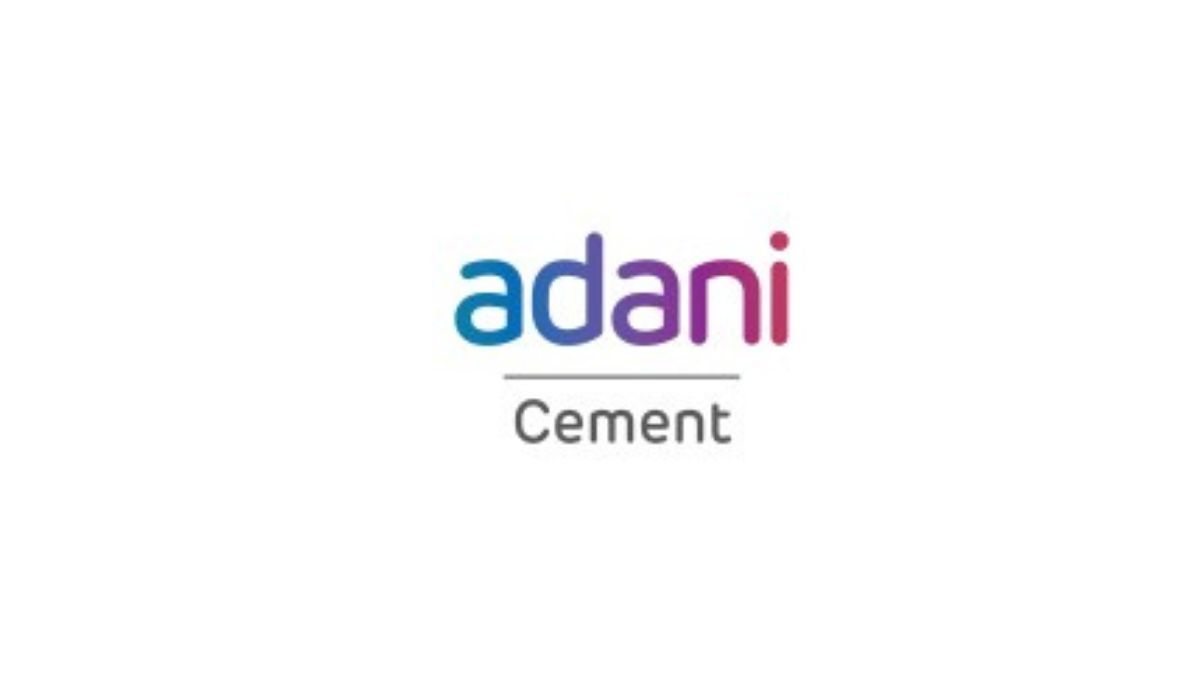Adani Cement and Coolbrook have announced a groundbreaking agreement to deliver the world’s first commercial deployment of the revolutionary RotoDynamic Heater™ (RDH™) technology at the Boyareddypalli Integrated Cement Plant in Andhra Pradesh, India. This marks a historic milestone in the journey toward decarbonising the global cement industry and aligns with Adani Cement’s commitment to achieve net-zero emissions by 2050, a target validated by the Science Based Targets initiative (SBTi).
This deployment will be the first industrial-scale use of Coolbrook’s RDH™ technology, which has been designed to eliminate fossil fuels from the calcination phase—the most carbon-intensive part of cement production. By providing clean, electrified heat, the system will help replace traditional fossil fuels with sustainable alternatives, enabling a much higher substitution rate and dramatically reducing carbon emissions. The initial phase of this project is expected to cut approximately 60,000 tonnes of CO₂ emissions annually, with potential scalability that could increase the reduction tenfold over time.
What makes this project particularly significant is that the RDH™ technology will be powered entirely by Adani Cement’s renewable energy portfolio, ensuring that the industrial heat generated is 100% emission-free. This initiative proves the real-world feasibility of using clean, electrified industrial heat in heavy manufacturing processes—a step that could redefine the future of sustainable cement production not only in India but globally.
The Boyareddypalli project serves as a strong example of how industrial decarbonisation can be achieved at scale, providing a replicable model for other industries and countries. Both Adani Cement and Coolbrook have already identified several opportunities for further deployment of RotoDynamic Technology across Adani’s operations. The companies plan to launch at least five additional projects within the next two years, underscoring their shared commitment to accelerating the transition toward cleaner industrial production.
Looking ahead, RDH™ technology is expected to play a central role in enhancing Adani Cement’s operational efficiency, increasing the use of alternative fuels and raw materials (AFR) to 30%, and boosting the share of green power to 60% by FY28. The first generation RDH™ unit will produce hot gases at around 1000°C, ideal for drying alternative fuels and improving combustion efficiency—representing a major breakthrough in high-temperature electrification for the cement sector.
Adani Cement’s leadership in sustainability continues to gain global recognition. It is one of only four large-scale cement manufacturers worldwide with SBTi-validated net-zero targets and is the first cement company to join the Alliance for Industry Decarbonisation (AFID) under the International Renewable Energy Agency (IRENA). Through partnerships like this, Adani Cement is positioning India as a global leader in clean, green manufacturing while driving the future of climate-resilient industrial innovation.


